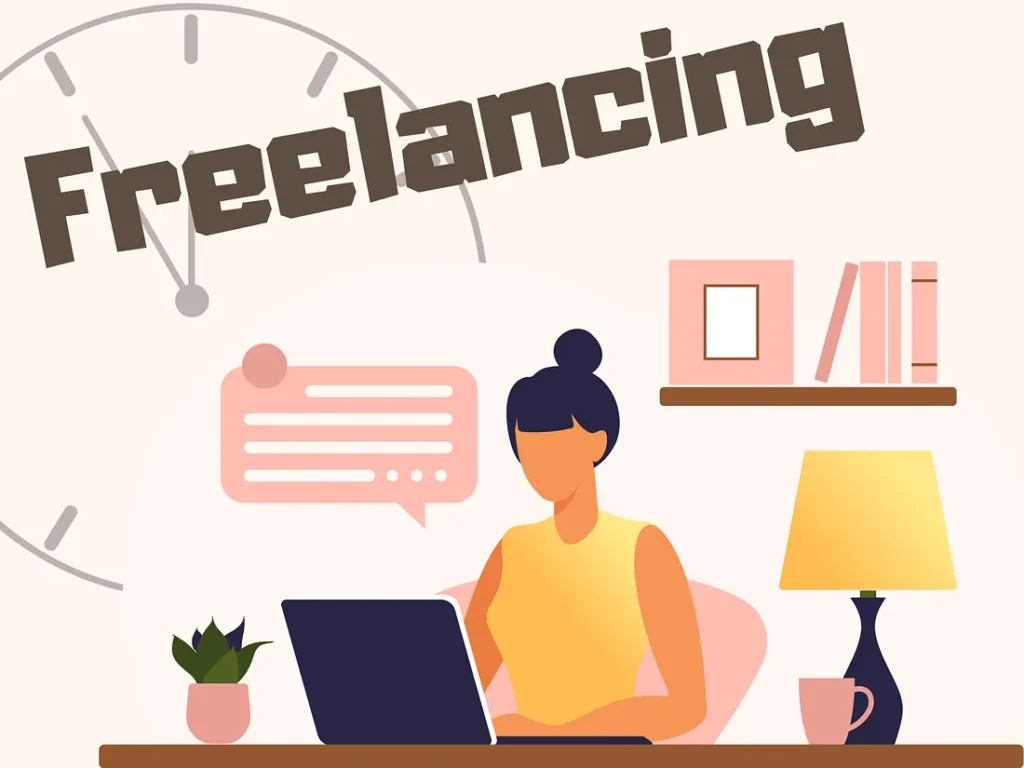The UAE government has played a pivotal role in this shift by introducing freelancer permits, remote work visas, and business-friendly reforms that make it easier for individuals to work legally and independently. The rise of digital platforms, online marketplaces, and social media has further empowered them to connect with clients not just within the Emirates, but across global markets. As the cost of living and aspirations for work-life balance evolve, freelancing offers a compelling alternative for those ready to monetize their skills and expertise. In this fast-changing environment, many are now aiming to earn a steady income — with some successfully reaching the AED 10,000 monthly milestone or beyond.
Freelancing has exploded in popularity across the UAE, fueled by a shifting work culture, progressive government regulations, and the digital transformation sweeping through nearly every industry. What was once considered an unconventional career path has now become a viable and often lucrative option for professionals seeking flexibility, independence, and financial growth. From graphic designers and content creators to IT consultants and fitness coaches, an increasing number of individuals are choosing to work on their own terms, outside the boundaries of traditional 9-to-5 employment.

Freelance Visas and Licensing
Free zones like Dubai Media City, Ras Al Khaimah Economic Zone, and Abu Dhabi’s twofour54 offer freelance permits for professionals in media, tech, design, education, and more.

Popular Freelance Fields
Fields like digital marketing, graphic design, software development, writing, translation, and consulting are seeing major freelance growth.
Remote Work Culture Boosting Freelance Demand
As more businesses embrace remote work, they are in high demand for project-based roles, especially among startups and SMEs.
Platforms Supporting Freelancers
Freelancers use platforms like Upwork, Fiverr, and Nabbesh to find work, while local communities like The Freelance Creative Exchange offer resources and support.
Legal and Financial Considerations
Freelancers must manage taxes, contracts, and payments independently. Many opt for personal finance tools and co-working spaces that offer business support services.

Benefits of Freelancing in the UAE
Freelancing offers flexibility, autonomy, and tax benefits. They can work with local and global clients while enjoying a high standard of living.
Challenges Faced
Inconsistent income, lack of benefits, and isolation are common challenges, but are being addressed through networking groups and freelancer communities.
Future of Freelancing in the UAE
With digital nomad visas and growing demand for flexible talent, freelancing is becoming a mainstream career path in the UAE.

Conclusion
Freelancing in the UAE is no longer a fringe career option but a growing movement reshaping the country’s professional landscape. With the right mindset, strategy, and tools, reaching a monthly income of AED 10,000 as a freelancer is a realistic goal rather than a distant dream. The combination of supportive government policies, a digitally connected economy, and a thriving entrepreneurial spirit has created fertile ground for independent professionals to build sustainable careers on their own terms.
For anyone considering making the leap into freelancing, the key lies in identifying marketable skills, building a strong personal brand, and leveraging digital platforms to reach potential clients. Networking, staying updated with industry trends, and continually upgrading one’s skill set are equally crucial in standing out in a competitive marketplace. Whether you’re a creative, consultant, or tech specialist, opportunities are abundant for those willing to adapt and hustle. The future of work in the UAE is undoubtedly freelance-friendly — and for those ready to take charge of their careers, it promises not just financial rewards, but a more flexible, fulfilling lifestyle as well.
Do follow UAE Stories on Instagram
Exploring the Role of Women Entrepreneurs in the UAE’s Economy













